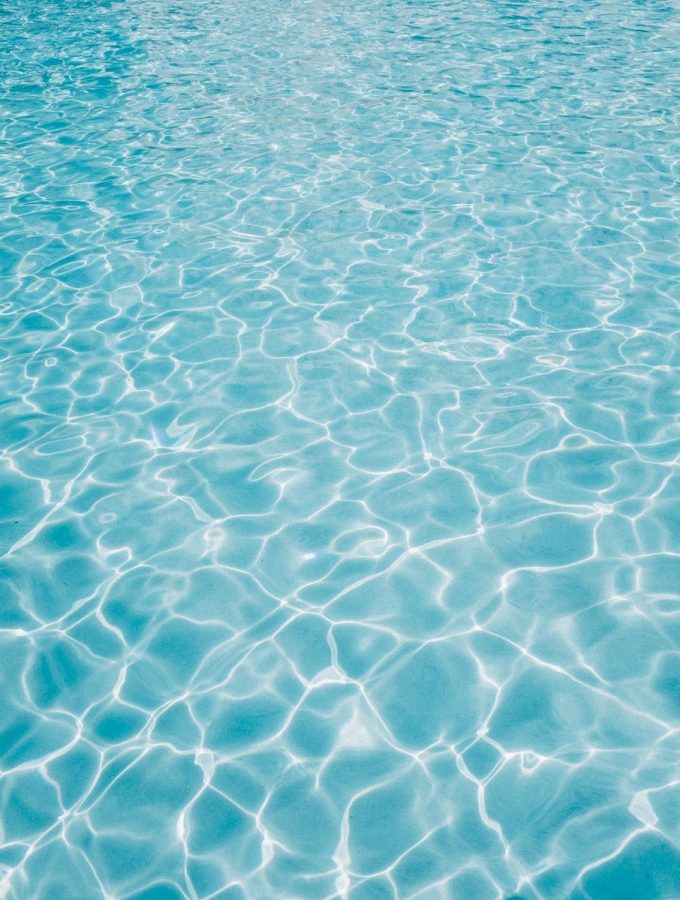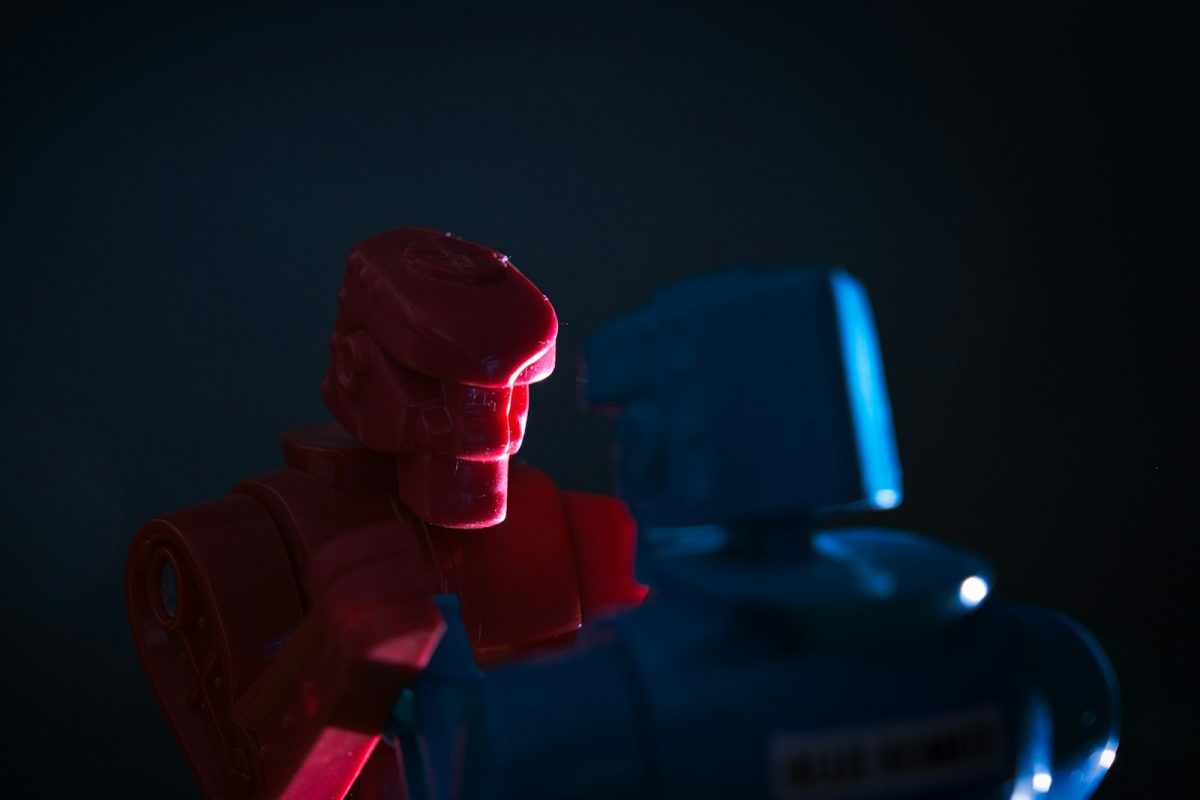Why You Should Keep Drinking Water
The events that occur after you stop drinking water
Source: Wesley TIngey
Photo by Wesley Tingey
Water is incredibly abundant and is everywhere. You can find water in the ocean (70% of Earth), in people, and in rain. The average human is between 55-60% water, while babies are 75% water. Water is a big part of our lives because it does many things for us. We need water to even live but alongside that, water cushions and lubricates our joints, regulates our body temperature, and feeds our brain and spine. A human’s brain and heart are almost 75% water, lungs are 83% water, and bones are 31% water. Even though humans already have lots of water, we lose plenty each day through bodily functions such as sweating, peeing, breathing, and bowel movements. To make up for the lost water, we drink water do avoid dehydration. So what happens if you don’t keep a balanced water level?
What happens if you don’t keep a well-balanced water level?
Without a balanced water level, you can suffer from dehydration or hyperhydration. Once your brain first notices low water levels, your brain releases antidiuretic hormones. Once these hormones reach your kidneys, it creates aquaporins, which are special channels that allow blood to absorb more water. Eventually this leads to a yellower pee. Dehydration can lead to drops in energy, mood, skin moisture, and blood pressure.
How do you keep a well-balanced water level?
Fortunately, keeping a good water level isn’t difficult for those who have access to clean water. Since it depends heavily on your bodyweight and environment, it is difficult to find out how much water you should drink a day. However the recommended amount varies from 2.5 liters to 3.7 liters for men and 2-2.7 liters for women. Although water is the best source of liquids, coffee and tee still can help maintain a healthy water level. We don’t only get liquids from water, 1/5th of our daily intake comes from water within food. Drinking can also have benefits for when your older like less chance of strokes, help manage diabetes, and reduce the risk of certain types of cancers.
Related Stories:
https://www.nhsinform.scot/illnesses-and-conditions/nutritional/dehydration
https://www.healthline.com/nutrition/how-to-rehydrate
Take Action:
- Rehydrate yourself when signs of dehydration appear (https://www.mayoclinic.org/healthy-lifestyle/nutrition-and-healthy-eating/in-depth/water/art-20044256#:~:text=You’ve%20probably%20heard%20the,a%20day%20might%20be%20enough.)
- Maintain a consistent daily intake of water (https://www.roswellpark.org/cancertalk/202108/10-healthy-ways-increase-your-fluid-intake#:~:text=Drink%20a%20water%2Dbased%20beverage,fluids%20before%20you%20are%20thirsty.)
- Eat lots of fruits or food that has a high water percentage (https://ontarioequestrian.ca/hydrate-your-body-with-high-water-content-fruits-and-vegetables/#:~:text=For%20example%2C%20fruits%20such%20as,at%20more%20than%2090%20percent.)















